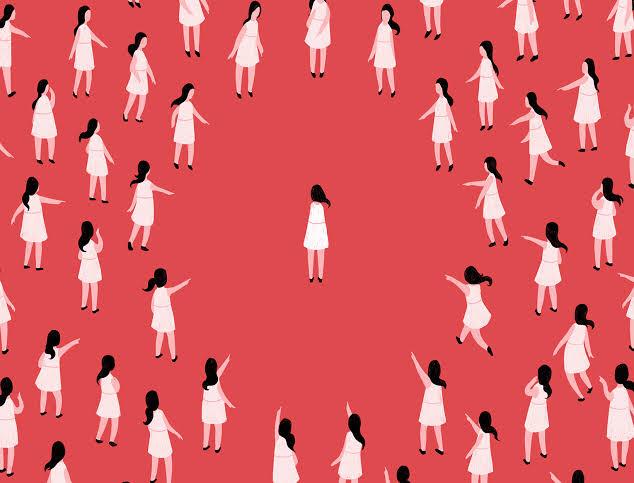Social anxiety: the dizziness of freedom
- medpulsemag
- Mar 25, 2021
- 2 min read
Omneya ElHosseiny
Do you feel afraid of social events? Or do you come up with many reasons to avoid meeting new people?
It is normal to feel nervous in some social situations but when this nervousness and fear exceed the limit and affect the daily activities then it turns into a serious condition which is called social anxiety.
Social anxiety, also called social phobia, is a common type of anxiety that causes fear of being watched and judged by others.
People with social anxiety suffer in a social situation, facing difficulties in talking to people and meeting new persons.
Some may understand that their fear is unreasonable but they can’t overcome it.
This fear may affect their social life, work, school and other day-to-day activities, even it makes it hard to have and keep friends. Social anxiety symptoms are different for everyone.
The common psychological symptoms are:
● Worrying about social situations.
● Avoiding crowded places and social activities.
● Missing school or work.
● Worrying for days or weeks before a social event.
They may suffer physical symptoms in stressful conditions such as:
● Rapid heartbeats.
● Difficulty in breathing.
● Stomach pain.
● Dizziness.
● Difficulty in speaking.
The exact cause of social anxiety is unknown but it may be caused by some environmental and genetic factors.
Also, negative experiences as bullying, family conflict and sexual abuse may cause this condition. The risk of developing social anxiety increases if the parents have this condition.
Untreated social anxiety can affect life and interfere with work, school or relationships, as it can cause:
● Negative self talk.
● Hypersensitivity to criticism.
● Poor social skills.
● Low academic and employment achievement.
● Suicidal thoughts.
● Isolation.
● Depression and other mental disorder.
Coping with social anxiety:
Living with social anxiety is challenging as the person may be scared and can suffer in social events, but never let the fear control you.
You can cope with social anxiety by trying some of these tips:
● Prepare for a social situation.
● Controlling your breath can help you to feel more relaxed.
● Start by joining a small social event like eating with friends or family then bigger events.
● Be patient with yourself as you don’t have to face your biggest fears right away.
● Be the best advocate for yourself.
● Reward yourself for a small achievement.
● Ask for help.
Finally, we should pay attention to ourselves and start our journey to be better than now, so stop procrastinating and start your journey of change and remember healing takes time.
References:






Comments